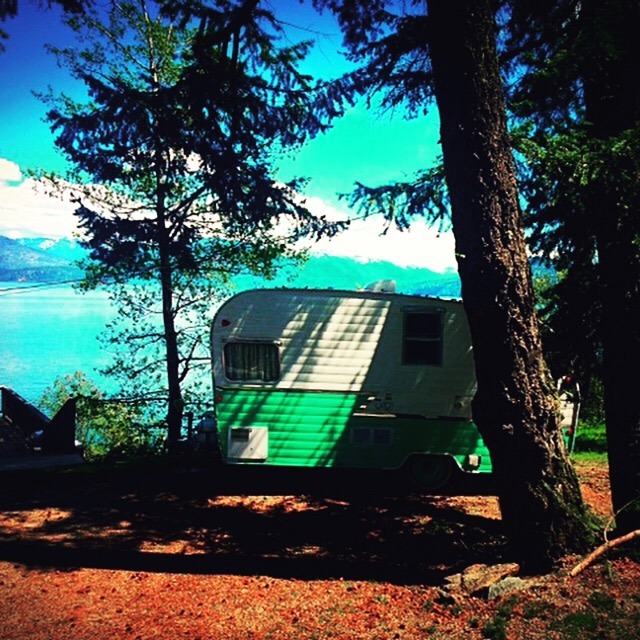I watched both the Democratic and Republican National Conventions, and a common theme is to Build Back Better.
It is a hopeful theme that we hear across many media platforms and from many knowledgeable people, organizations, and countries. Canada, the EU, and others work urgently on Build Back Better initiatives based on green technology and human rights. These are initiatives that most thoughtful, kind, intelligent people want—that is, to live in an abundant, peaceful country where we are healthy, happy, and have enough of everything. If we can agree that having enough is indeed “enough,” wouldn’t it be preferable, and critical in these times, to rebuild slower, and even smaller?
In every downturn, it has been the practice of industry and many leaders in the United States to convince us to rev up our consumer spending to get the economy roaring again. After World War II, spending was spurred to a large extent by new consumer finance products. In the paper, A Brief Postwar History of U.S. Consumer Finance, the authors Ryan, Trumbull, and Tufano report that Americans’ per capita consumer spending rose from $11,000 in 1950 to $33,000 in 2010 (both in 2010 dollars). Consumer advertising played a huge role as well, and, in a nutshell, here we are in our excessive consumer economy, garages, storage units, landfills, oceans full of our unbridled spending and aftermath of waste.
Even if a country’s intention to Build Back Better means as a greener economy, if we are to have a meaningful impact on the catastrophic climate effects we now see nearly weekly around the globe, slower and smaller is the path.
I will vote for Joe Biden and intend to write him a letter soon. That letter will say that Build Back Better does not need to mean keeping the auto industry alive in its past configuration, even with a transition to electric cars, which is putting an unreasonable demand on copper and threatening such national treasures like Bristol Bay, Alaska, and other communities such as the Santa Rita Mountains south of Tucson, Arizona (the Rosemont Mine). A smaller, sustainable auto industry, where each individual and family have paired down their auto needs, is essential. Building back slower means a bicycle-focused lifestyle and economy similar to Denmark, the Netherlands, and our very own city of Minneapolis.
In each industry, a pairing down is critical to act on the climate crisis. Build Back Slower-Smaller means creating a world where food, education, travel, clothing, exercise, health, entertainment, media, law enforcement, gun laws, pharmaceutical practices, natural resources, spiritual communities, transportation, government, agriculture—all industries—scrutinize their footprint and their impact on all living things to be as small as possible as it relates to C02, but as big as possible as it relates to human rights, peace, freedom, and love.
In the United Kingdom, an important movement is afoot called Extinction Rebellion. Its central statement is: “Tell the Truth. We are facing an unprecedented global emergency. Life on earth is in crisis: scientists agree we have entered a period of abrupt climate breakdown, and we are in the midst of a mass extinction of our own making.”
This is the truth. An unprecedented global emergency says smaller and slow—this is the only way to go. #Build Back Slower-Smaller.
~








Read 0 comments and reply